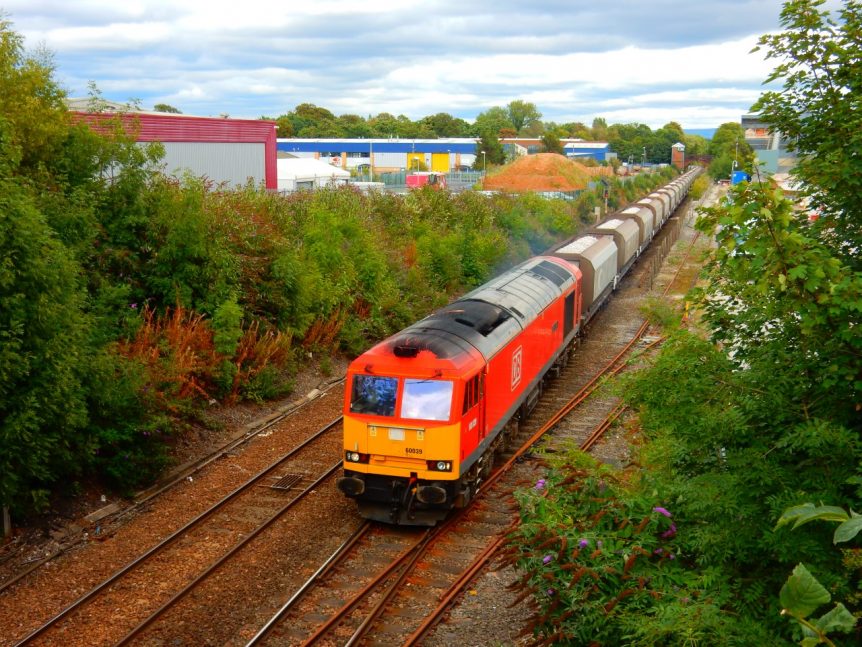
Tarmac and its rail freight partner DB Cargo UK have announced that construction materials delivery on a vital strategic route will be entirely powered by renewable fuel.
Tarmac currently transports more than nine million tonnes of construction materials by rail across the country annually.
The partners will use eco-friendly hydro-treated vegetable oil (HVO) to fuel all freight trains operating between Tarmac’s site in Mountsorrel, Leicestershire, and its rail-fed asphalt plant in Birmingham.
This move is part of an ongoing commitment to support the sustainable delivery of the UK’s infrastructure goals.
Synthetically produced through the hydro-treatment of vegetable oils or animal fats that help in the reduction of CO₂ and nitrogen oxide emissions, HVO is one of the greenest fuels available commercially.
Previous trials by DB Cargo UK revealed that this fuel can reduce a train’s carbon emissions by nearly 90% as against traditional red diesel.
Tarmac head of rail Chris Swan said: “We’re constantly looking to explore and adopt new innovations that support efficient and sustainability delivery, allowing us to move the right materials to the right place for customers.
“Developing our rail freight capability and capacity is key to our operations and aligns with the national agenda to deliver a low-carbon built environment.”
The UK Government has set a target of attaining net-zero carbon emissions by 2050 for the rail sector.
DB Cargo UK sales head Roger Neary said: “Rail freight is already a much greener alternative to road haulage, so to reduce our carbon footprint even further will, I hope, make businesses re-evaluate their own transport strategies. If they want to reduce their own carbon emissions, then rail freight is the obvious choice over road.”


